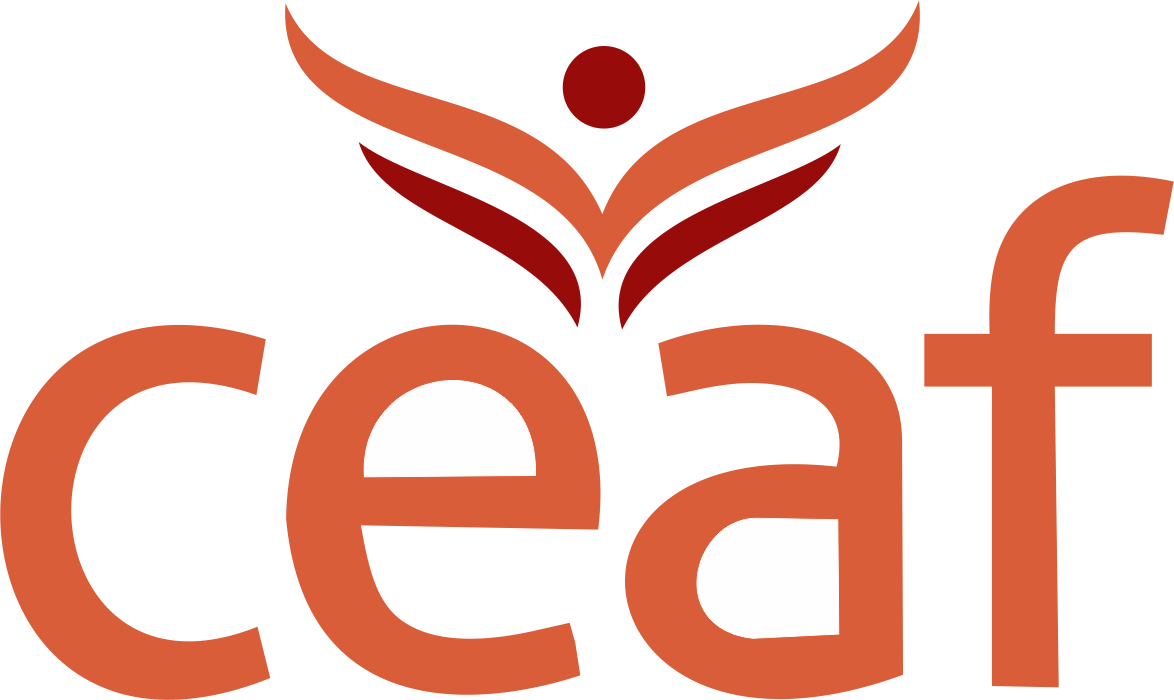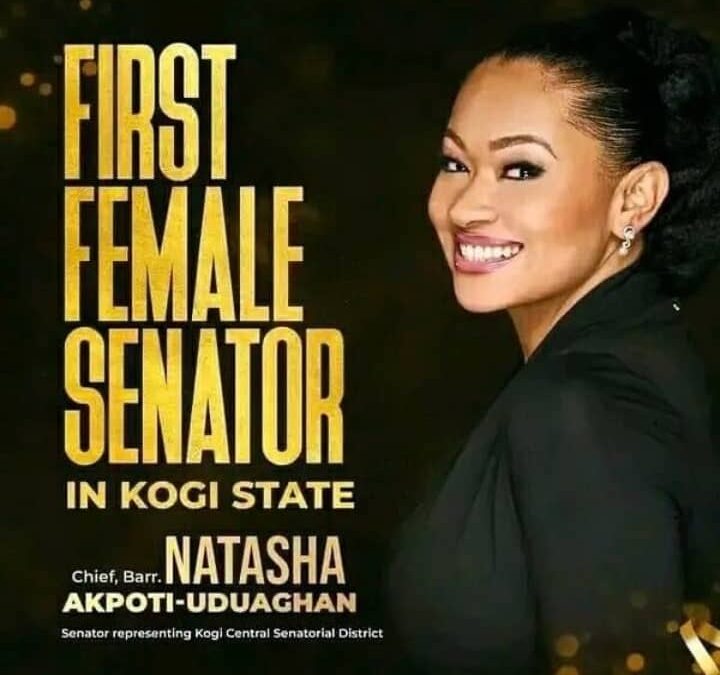It’s always inspiring to see more diversity and representation in politics. Natasha Akpoti-Uduaghan’s achievement as the first female Senator from Kogi State is definitely a significant milestone. It’s great to see progress being made in promoting gender equality in politics, despite all the evil plan to bring her down, but because she was educated enough it helped her to fight her way through. Education is indeed a powerful tool that can shape individuals and their future endeavors. Natasha’s journey to becoming the first female leader must have been an inspiring one.
Education is indeed a crucial aspect of every child’s life, regardless of their gender. It’s disheartening to hear that there are still communities that discriminate against girls’ access to education. The statistics of uneducated girls, highlight the unfortunate reality that millions of female children are not able to attend school, particularly in low-income countries.
The fact that girls make up a significant portion of those who lack access to education is a concerning issue. It’s important to recognize the wider impact that educating girls can have on their families and communities. As the African proverb wisely states, “If we educate a boy, we educate one person. If we educate a girl, we educate a family – and a whole nation.” When girls receive an education, the positive effects extend far beyond their own personal growth.
Education equips girls with knowledge, skills, and opportunities that empower them to make informed decisions about their lives. It helps break the cycle of poverty and opens doors to better economic prospects. Additionally, educated girls are more likely to marry later, have healthier families, and contribute to the overall development of society.
Education can provide knowledge, skills, and opportunities that empower individuals to break barriers and achieve great things. It’s fascinating to see how education played a pivotal role in Natasha’s journey.
It’s crucial for us to advocate for equal access to education for all children, regardless of their gender. By investing in girls’ education, we invest in a brighter future for everyone.

